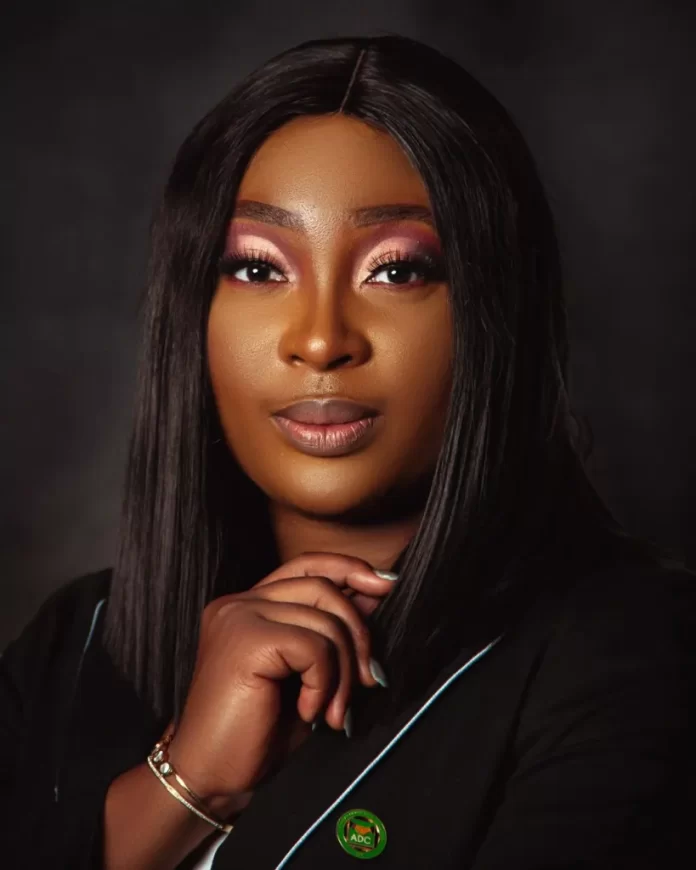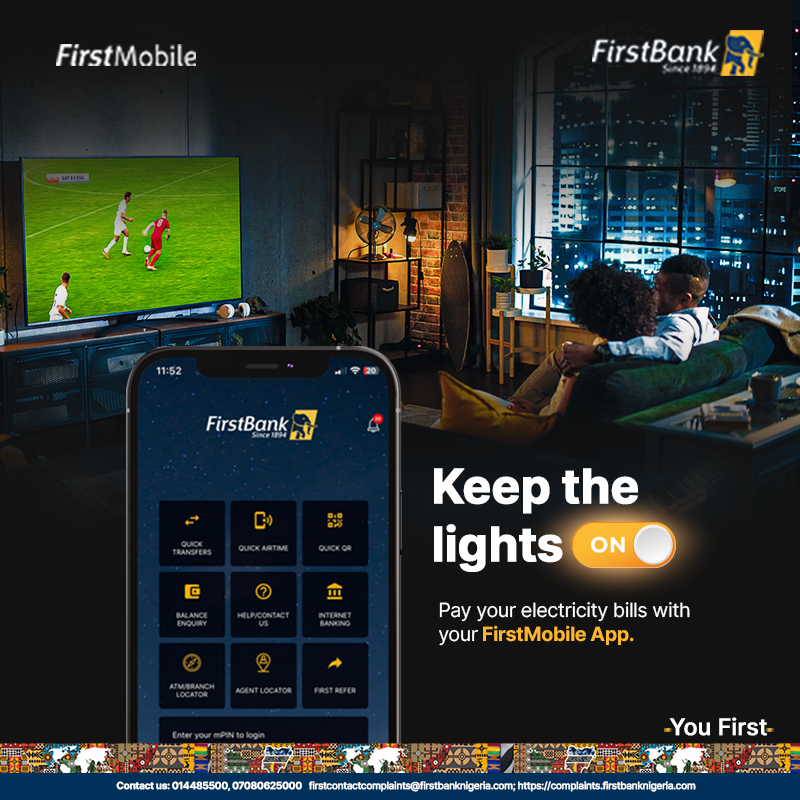As 2023 draws nearer, discussions concerning the election of senatorial and House of Representatives candidates have picked up steam. Among other things, the next general election is expected to be a defining moment for women’s representation in Nigerian politics and the leadership landscape of the country.
In this interview on Political Arena on Women Radio 91.7 monitored by Franktalknow, the ADC candidate for House of Reps. AMAC & Bwari Federal Constituency, Barrister Juliet Isi Ikhayere, discusses female voter apathy, illiteracy, and the role of the government in encouraging women’s representation in elections.
How do you feel about the journey so far?
You see my journey is a unique one because of how we got here. I have mixed feelings. I feel excited because I’m standing in the gap for women—especially young women. Currently, in Nigeria, I’m the youngest candidate in history to ever run for the seat of the House of Reps in this country thanks to the Not too Young to Run Act. However, I also feel it’s a lonely journey. I would be so excited if come 2026 we can encourage a lot of young women and youths to come on board. It’s so lonely and the expectations are high. For instance, for you to even have the mind to run for office you must be rich or somebody is crowdfunding. Also when you come looking beautiful, they say, “eh, she’s fine”. But are those the issues? That’s why I say, before you come to me, what are you expecting from me?
We have a lot of issues to address. Lack of Voters’ education for instance. Can you imagine that people still ask, “when is election day?” But when you hear talk like that you realise there is indeed a lack of voter education and I don’t know who to refer it to. Why is INEC not taking time now to start communicating this information? Is it an intentional means to keep the voters docile?
Would you say there are more voters Illiteracy among women than there is among men?
Oh yes. Because recently I was speaking at a women’s programme and I highlighted a lot of things and the reaction we got was that they never had understood politics in this light before. So there’s a lot of conversation over the years that women have not had each other and one of them is the fact that some of them see politicians as a roadmap to get immediate gratification than looking for how to channel their pains into inquiring from the politicians what different things to expect. So the expectation is always about “wetin you get for us?” Or “we no go answer you because you no get money to give us.” Instead of saying how will you champion women’s causes so that when we discuss issues pertaining to their bodies, pertaining to finances health and domestic violence—these are intelligent interactions you expect to hear from women but no, the gap is much.
How can women now be further educated then?
Why I’m here todayis because of the unique way I handled my last election. This is the second time I’m running this year. I ran for councillor in Kubwa ward and I was the only woman who ran. And I had such unique traits and I’ve been trending on social media because I’ve been able to identify our audience who actually understand the need to incorporate education into our election system in this country. I’ve been doing things uniquely. What I do is print out my flyers, which contain my manifesto.
Already we know that we don’t have much funds. Now you don’t have godmothers who would want to champion your cause, not for selfish reasons but to actually promote women. So you can’t reach a large audience except through God’s grace. So we created fliers and we go to meet women in the churches and so on. And then you’ll hear things like, “please don’t give me that flyer I don’t want to read”. So there are means of educating these women but the issue is have women themselves addressed things? This was discussed at the Womenifesto conference just a few days back. The question is “women, why don’t you support yourselves?” We need to preach more love amongst ourselves. For instance, I am in the race now, we’ve shared flyers and we’ve been accessible. But I’m telling you from experience, it’s been tough. Even the male candidates do not talk. Any programme I am invited to, I step up.
These manifestos and flyers are to help educate these women but they are not interested. They don’t even share the flyers with their friends because they don’t want to look like they’ve been given money.
Since we know that this is the challenge today, what is the solution to getting women to participate in elections?
Okay, first women need to be open to reading and researching. When we can have women researching about women you would not be voting for women just because they are women. However as we’ve said, there’s a high rate of illiteracy so it would take a long time. So what I decided as my solution is to focus on young girls. If we can harness these young people and give them an access road through enlightenment on how they can join politics if they choose to—whether through the Ward Level or Local Government or State level. Protect them and make them feel welcome instead of being a bottleneck against them from coming in. As long as you open your doors to allow women in, it won’t be a lonely path.
Some women see politics as a place where they will be faced with harassment and intimidation and a lot more. Having more women who can give fellow women a sense of belonging, comes a long way. Also, the government needs to assure women of their safety. We need a lot of security for our women so they can feel protected. And women, you don’t need to fight your husband or be arrogant when you want to vote for a woman. But on election day, vote for a competent woman. And we know that women vote.
You mentioned that the government should protect women in electoral situations. What are some other institutional or societal frameworks that can be put in place to enhance increased voter participation of women for female candidates in the upcoming elections?
We need more CSOs and observers at the elections. One thing that has kept the electoral system poor is because of inadequate evidence captured. The security personnel need to be upright and they shouldn’t be aiding things like vote buying. When security is working with opposition camps people get jittery. INEC also needs to put gadgets in place to also observe the election independently of the CSOs or the political parties. When you give political parties that responsibility you give them the power to do and undo. But if INEC is observing the elections independently it helps with accountability.
Politicians also need to understand that what they tell their voters matters. Do you tell them to go and kill and maim? Politicians need to sensitise their agents, their voters and their people. When we have the mindset of peacebuilding people won’t be scared of participating on election day. If all these things can be put in place women can feel safer and more interested to participate in elections.

























